Lucy Letby: Mother begged 'don't let my baby die', trial hears
- Published
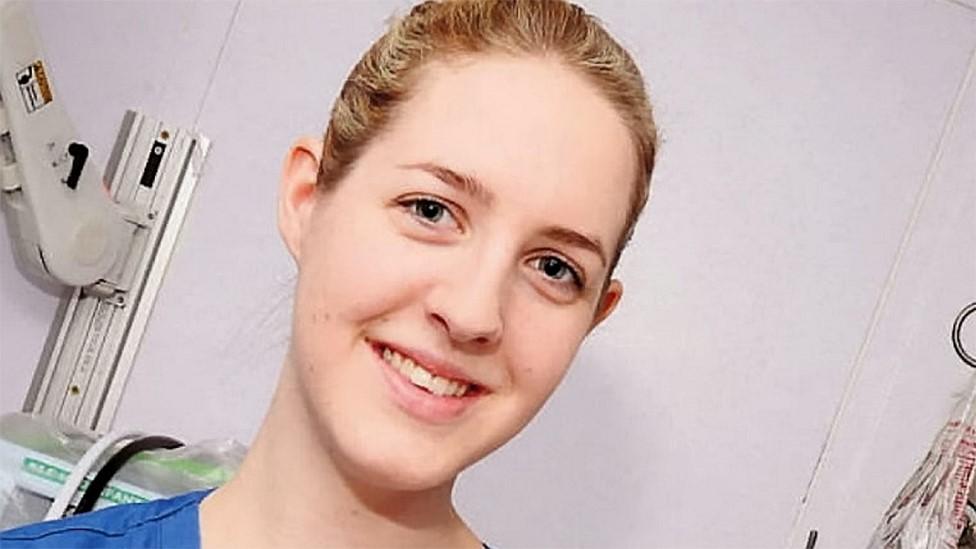
Lucy Letby is accused of murdering seven babies and trying to kill 10 others
A mother begged medics "please don't let my baby die" as they tried to resuscitate him, the trial of alleged killer nurse Lucy Letby has heard.
Ms Letby has been charged with murdering seven babies and attempting to murder 10 others at Countess of Chester Hospital in 2015 and 2016.
On the sixth day of her trial, the jury heard evidence about her first two alleged victims - twins who suffered sudden collapses.
Ms Letby, 32, denies 22 charges.
She has been charged with murdering Child A, a boy, and attempting to murder his sister, Child B, in early June 2015.
Ms Letby was said to have injected an excess amount of air into the bloodstream of Child A, and then attempted to murder his sister, Child B, via the same method.
Manchester Crown Court heard separate statements written by the twins' mother and father.
They both described the moment, in the hours after Child A's birth, that a member of staff told them "you need to come quick", to the neonatal ward.
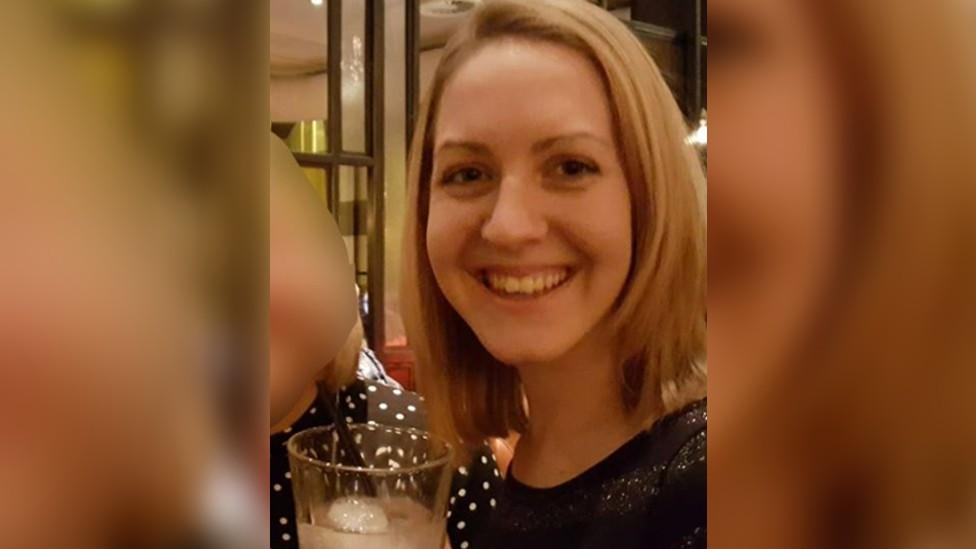
Lucy Letby has been described as "a poisoner at work" at the hospital
They said when they got there it "felt like there were hundreds of people standing around the incubator trying to resuscitate him".
The court heard the baby's mother cried: "Please don't let my baby die, please don't let my baby die."
Despite doctors' efforts the one-day-old boy could not be saved.
Child A's grandmother recalled: "The minute I went into that room and saw the baby boy I knew he was gone. He was blue."
She added the father was "in shock" and "like a statue".
After they were told Child A would have brain damage and further complications if he survived, she said she told her daughter "you need to let him go".
Child A's mother told medics to "carry on", the grandmother said, but eventually "simply nodded her head" to the doctors to stop chest compressions.
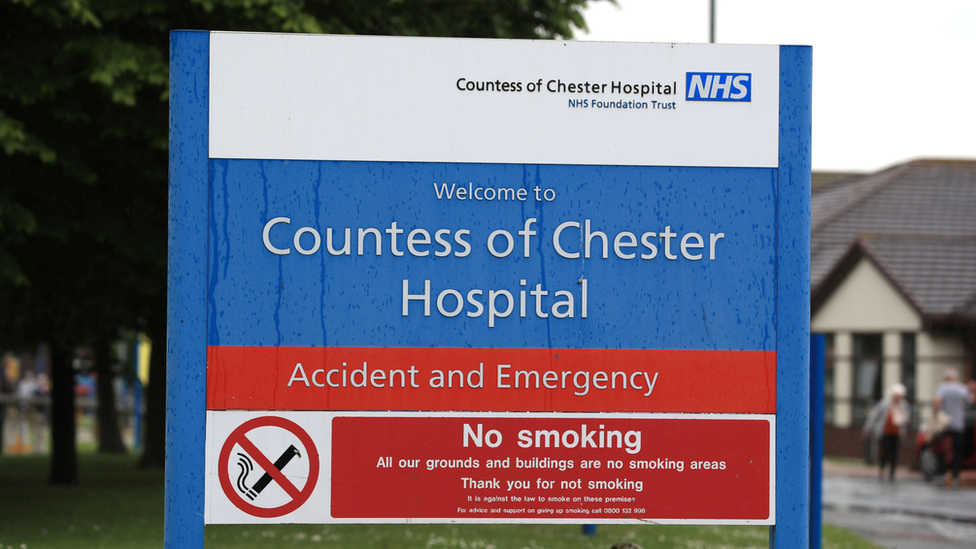
Lucy Letby worked on the neonatal ward at the Countess of Chester Hospital
In a statement read to the court, Child A's father said to his partner "something along the lines of 'we have to let him go, he is not there any more'."
The nursing care of Child A had been handed over to Ms Letby shortly before his collapse, the court heard.
Child A's parents said one of the things which upsets them the most was they never had the opportunity to hold their son while he was alive because he remained in the incubator for the whole time.
Child B collapsed the following night when Ms Letby, originally from Hereford, was again on duty, the jury was told.
The twins' mother explained she was in hospital herself, still recovering from giving birth, when a nurse again came into her room, and alerted her.
The mother was distraught and said "not my baby, not again".
'Frantic and terrified'
The parents went quickly to the neonatal unit where a nurse told them Child B had stabilised following a "very similar situation" to Child A with a rapid fall in heart rate and oxygen levels, the court was told.
Her skin was also discoloured and mottled, which a consultant said they had never seen before, the jury heard.
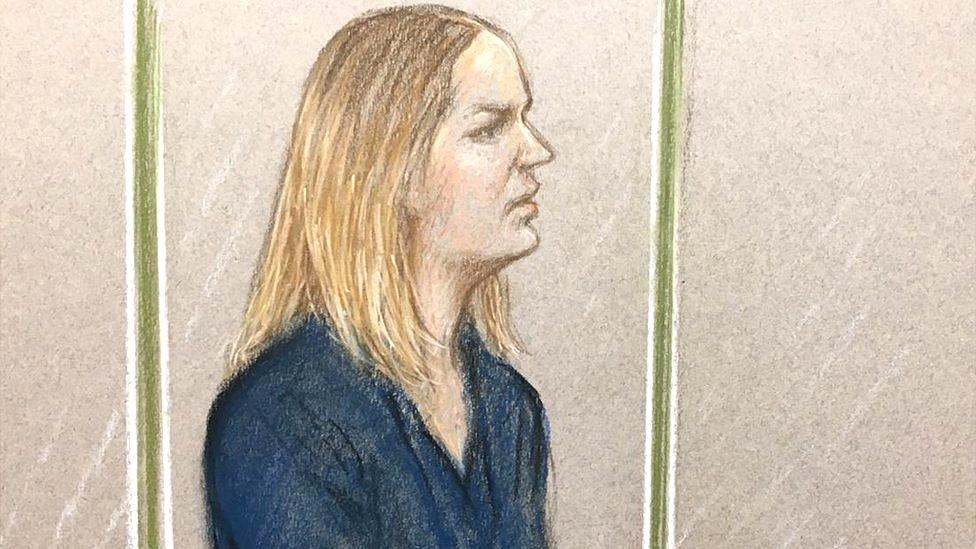
The nursing care of Child A had been handed over to Ms Letby shortly before his collapse, jurors were told
The mother said she was "frantic and terrified" and stayed with Child B throughout the night, where her baby was "restless, as if she was trying to tell me something was wrong".
Following her own discharge from Countess of Chester Hospital, she explained she would arrive daily at 09:00 to see Child B, the court heard.
Child B was discharged in July 2015 and does not appear to have suffered any adverse consequences from her collapse, the court heard.
Her mother said: "I was, and still am, extremely protective of her."
The twins' mother had previously been diagnosed with a rare blood disorder and was due to have an elective Caesarean section in London under the care of a specialist.
But the week before, she required an emergency Caesarean section in Chester following a diagnosis of preeclampsia.
She said following Child A's death she and her partner "searched for a reason why".
She said she was "furious" when it was suggested to her by a consultant that if Child A's post-mortem examination was inconclusive then "it may be to do with my blood condition".
She added they "asked for answers we never really got".
The trial continues.

Why not follow BBC North West on Facebook, external, Twitter, external and Instagram, external? You can also send story ideas to northwest.newsonline@bbc.co.uk, external
Related topics
- Published14 October 2022

- Published13 October 2022
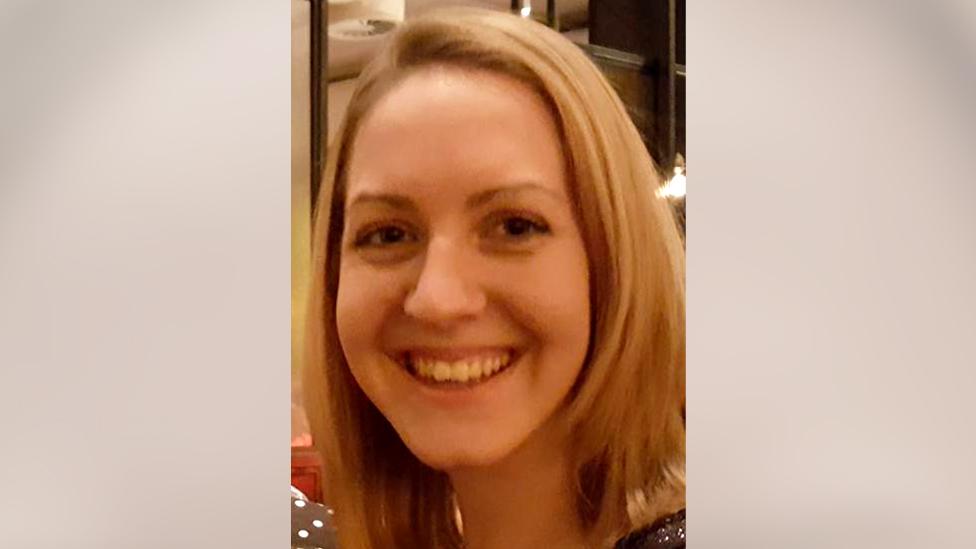
- Published13 October 2022

- Published12 October 2022

- Published11 October 2022

- Published10 October 2022
